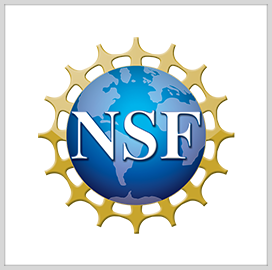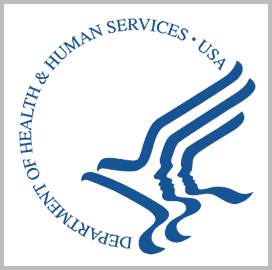
Supercomputing capability
New Computing Facility at University of Texas Austin Campus to Build Engineering Skills
Construction has started on the National Science Foundation-funded Leadership-Class Computing Facility at The University of Texas at Austin. Led by the Texas Advanced Computing Center, the LCCF is expected to start its computational research and development activities, such as large-scale simulation and data analysis, on use-inspired science and engineering applications in 2026.
The facility will also conduct various education and public outreach programs to support the skills development of the U.S. science and engineering workforce, the NSF said Thursday.
NSF Director Sethuraman Panchanathan described the facility as “a pivotal step forward” in the agency’s mission, as it will deliver the computational resources researchers need “to push the boundaries of what is possible.”
The LCCF will use the Horizon supercomputer, which is designed to provide a tenfold simulation performance improvement over Frontera, the NSF’s current top computing system. Horizon’s design improves artificial intelligence applications by more than 100 times compared to Frontera’s AI capabilities, the NSF noted.
In addition to its hardware, the LCCF will offer a range of software and services, such as large-scale data storage. The facility will be accessible to all U.S. scientists and engineers through allocations in an open, peer-reviewed system.
The LCCF will collaborate with science centers in Atlanta, Illinois, Pittsburgh and San Diego, to tap expertise in the U.S. cyberinfrastructure ecosystem. In addition, the facility will bring in a software stack from Ohio State University for high-performance networking, while Cornell University will support the LCCF’s workforce development project.
Dan Stanzione, TACC executive director, said that through the facility’s partnerships around the United States, “a new class of cyberinfrastructure services” will be available to researchers worldwide for science and society’s advancement.

Category: Federal Civilian




